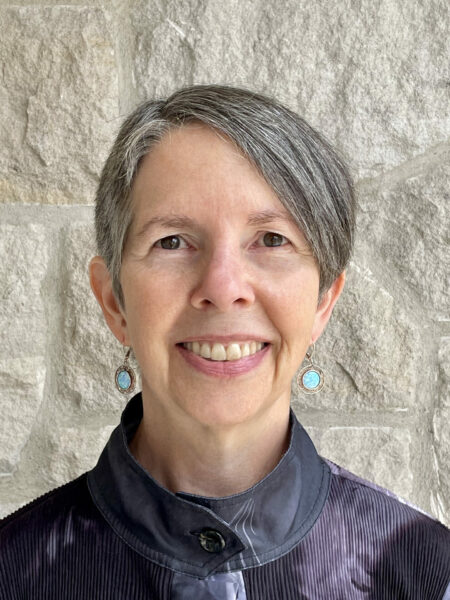Event Details
This Workshop-Medium has already taken place.
Heather Campbell
Ontario,
Canada
The Dilemma of Feeling Music Without Feeling Tension
Musicians seek Alexander Technique lessons when they have discomfort or injury rather than for artistic reasons. They may not recognize that their artistry and emotional response to music can contribute to technique problems and pain, preventing them from reaching their full musical potential.
Pianists often connect to music by feeling the tension in their neck, shoulders, arms, and lower back. Their listening skills can be compromised as they impose a degree of tension that feels necessary for control of the instrument. For example, pianists can shorten their stature and pull their heads into their necks as the music lowers in register or volume and tighten their mid-backs and lift their chests as music passages ascend or increase in volume. In moments of musical intimacy, shallow breathing, fixed eyes, and held facial, neck, and shoulder muscles can occur.
Pianists assume – usually unconsciously – that they can only “feel” the music by feeling the tension in their bodies. After a series of Alexander Technique lessons, pianists can learn to inhibit their misuse and regain balance, but sometimes this occurs at the psychological cost of feeling robbed of their emotional connection to the music.
To explore this dilemma, workshop participants will have an opportunity to bring their music (memorization is unnecessary), play the piano, and work collaboratively with Heather to discover what specific habits they may have that result from their emotional response to the music and not necessarily from technical challenges. One way of experimenting with this concept is to have a pianist play difficult and easy passages to observe which patterns of misuse are apparent under both circumstances. Heather will explore new ways for each pianist to stay connected to the music without misuse.
Heather will encourage participants to sense the critical relationship between the flow of AT directions within them and the flow of music they are creating as a means to emotionally connect to the music. Some participants may experience a new form of active listening as they understand that their responsiveness to music can remain intact through means other than physical tension. When achieving a degree of balance and flow, musicians may report an experience of “watching themselves play” or feeling that the music is playing “through them” or “playing itself.”
About Heather Campbell
Heather Campbell is a classically-trained pianist and accompanist who studied under Dr. Damjana Bratuz and Ronald Turini (who studied with Vladimir Horowitz), earning Bachelor and Master degrees in Piano Performance. She also has a Master of Arts (Philosophy) and a Bachelor of Arts (English Literature) from the University of Toronto and completed her three-year Alexander Technique training in Toronto.
Heather has been teaching Alexander Technique since the 1990s and piano since the 1980s with a particular interest in the application of the Technique to music performance. Her students have won national Royal Conservatory of Music exam awards, national competitions, and university entrance music scholarships. In addition to her ongoing piano and Alexander Technique studio, adjudication, and international masterclasses, she is currently writing a comprehensive book on the application of Alexander Technique at the piano.
Heather is President of Alexander Technique Canada, former chair of its Professional Conduct Committee, and its ATAS representative.
heathercampbellpianist@outlook.com
https://www.heathercampbellpianist.ca
See also: Heather Campbell – Presenter Detail Page
Workshop-Medium
Saturday, 27 August 2022
14:15 h - 15:30 h (2.15pm-3.30pm)
Main Building
Floor: 3.OG (3rd floor)
Room: H 3005
CATEGORIES
Performance/Music/Acting/Voice
3
WORKSHOP STYLE
Fully Practical
Lecture
OPEN FOR
Teachers||Trainees||Everyone

